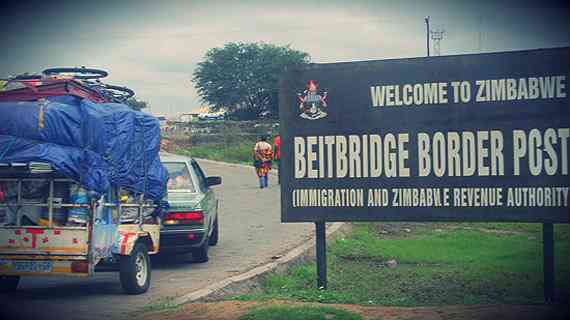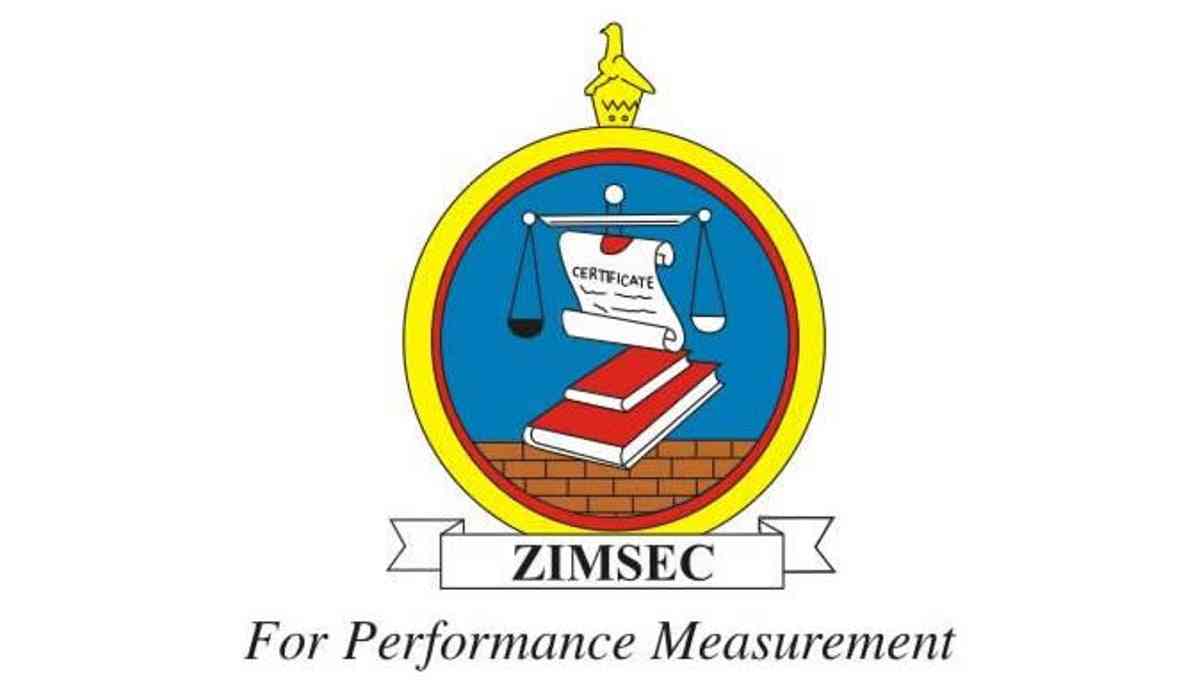
MANY African countries are periodically affected by outbreaks of cholera. For instance, the current outbreak in Malawi, the worst in two decades, has claimed hundreds of lives and forced the closure of schools and many businesses. Cholera deaths have now been reported in Zimbabwe and South Africa too.
Cholera is a disease caused and spread by bacteria — specifically vibrio cholerae — which you can get by eating or drinking contaminated food or water.
It’s a medieval disease which has mostly affected developing countries, many of which are in Africa. Between 2014 and 2021, Africa accounted for 21% of cholera cases and 80% of deaths reported globally.
In several African countries, cholera is the leading cause of severe diarrhoea. In 2021, the World Health Organisation reported that Africa experienced its highest ever reported numbers — more than 137 000 cases and 4 062 deaths in 19 countries.
It has persisted in Africa partly because of poor sanitation, unreliable water supplies and worsening socioeconomic conditions.
For instance, when people’s incomes can’t keep up with inflation they move to more affordable housing — often this is in congested, unsanitary settings where water and other hygiene services are already stretched to the limit.
In addition, in the last decade, many African countries have witnessed an upsurge in population migration to urban areas in search of livelihoods. Many of these people end up in urban slums where water and sanitation infrastructure is a challenge.
Displaced populations — a major concern in several African countries — are vulnerable to water and food contamination.
- Open letter to President Mnangagwa
- Feature: ‘It’s worse right now than under Mugabe’: Sikhala pays the price of opposition in solitary cell
- Masvingo turns down fire tender deal
- Human-wildlife conflict drive African wild dogs to extinction
Keep Reading
It’s important to control cholera because it can cause severe illness and death.
In mild cases, cholera can be managed through oral rehydration salts to replace lost fluids and electrolytes.
Severe cases may require antibiotic treatment. It’s vital to diagnose and treat cases quickly — cholera can kill within hours if untreated.
In 2015, it was estimated that over one million cases in 44 African countries resulted in an economic burden of US$130 million from cholera-related illnesses and treatment.
African governments must acknowledge that the burden of cholera is huge. In my opinion, governments in endemic areas don’t recognise cholera as a major issue until there’s a big outbreak, when it’s out of control. They treat it as a once off.
The burden of cholera could get worse unless governments put measures in place to control and prevent outbreaks. They need to address water and hygiene infrastructure challenges.
There must also be community engagement. For instance, widespread messaging encouraging handwashing, boiling water and other preventive measures.
Community health extension workers are key in getting these messages across and distributing supplies during an outbreak.
For the most vulnerable populations we must apply oral cholera vaccines.-Sam Kariuki
Food poverty to further constrain living standards
FINDINGS of the 2023 Crop, Livestock and Fisheries Assessment Report — 2) indicate that the country will be cereal self-sufficient during the current consumption year (April 2023 — March 2024) following an expected cereal bumper harvest of approximately 2 300 000 metric tonnes (MT) of maize and 281 000MT of small grains against a total of cereal requirement of approximately 2 300 000MT for both human and livestock consumption.
With a current cereal stock of about 303 000MT in strategic grain reserve, the country is expected to have a surplus of about 590 000MT.
Compared to last year, overall food and non-food crop production increased by 59% and 35%, respectively.
The food poverty line increased by about 11% compared to the previous month, raising concern on how this extra pressure will further constrain living standards and exacerbate vulnerability of low income and resource-constrained urban and rural households which are already struggling to meet their minimum food requirements on a daily basis.
Monthly inflation is on upward trend having increased by 2,3 percentage points to 2,4% against the March rate of 0,1%.
Meanwhile, the gap between the official and parallel currency exchange rate is widening — in April there was a 91% difference between the official rate ($1 021:US$1) and the parallel market rate ($1 950:US$1).
According to World Food Programme’s HungerMap LIVE, the number of people facing insufficient food consumption and those employing “crisis and above” food-based coping strategies continues to decrease as the main harvest takes place, and households consume what they produced and raise earnings through sale of produce such as maize and tobacco.
According to the most recent Famine Early Warning Systems Network (FewsNet) report, food access and dietary diversity are improving across Zimbabwe as harvesting has commenced.
The food poverty and total consumption poverty lines, monitored by the Zimbabwe National Statistics Agency, have started to increase and were reported at $25 170 and $33 044, respectively, in April.
The cost of the monitored minimum expenditure food basket is increasing in Zimdollar terms and decreasing in US$ terms in both rural and urban markets.
The price of fuel remained stable in both US$ and Zimdollar terms. Meanwhile, prices of hygiene items are increasing while availability is decreasing.-FewsNet
Africa must wake up from her deep slumber
AS we celebrate Africa Day, we should also look at how we have failed to revolutionise and industrialise the continent and make the best out of it.
Africa is endowed with vast mineral deposits, but as a continent, it has failed to utilise its resources to full advantage.
Africa has been found wanting on social, political and economic fronts.
It’s a shame that the continent has been struggling to extensively market its products to global markets.
Africa is not short of ideas but lacks the drive to deal with matters of value.
It has created a market niche for European countries and has provided cheap labour to them.
Most African students end up leaving the continent to seek greener pastures in Europe.
There is rampant brain drain on the continent and Africa has failed to retain the much-needed skills.
Africa has dismally failed to solve her own challenges and we have noticed many civil wars occurring willy-nilly on the continent.
Surprisingly, we want to be seen negotiating for peace between Russia and Ukraine.
We should learn to solve African challenges and make peace among ourselves.
The same Africans have failed to mediate and settle intra-party disputes and internal conflicts.
African conflict hotspots like Sudan, the Democratic Republic of Congo, Mozambique and Eswatini are crying for intervention, but Africans have chosen to intercede with Europe.
I believe charity begins at home. Africa can do better.
Africa produces what it does not consume and continues to consume what it does not produce.
The continent lacks preparedness on many issues.
It has lagged behind in science and technology revolution.
Another example is when Africa exposed its lack of preparedness in 2020 when the COVID-19 pandemic struck the continent.
Most African countries had to rely on China, the United Kingdom, Canada and the United States to produce COVID-19 vaccines.
The continent failed to come up with its own African vaccines.
It has even failed to feed its own people, let alone come up with new energy sources.
At the moment, Africa is in a mess when it comes to power generation.
South Africa’s Eskom and Zimbabwe’s ZETDC are failing to generate enough energy.
Africa is on a regression path. There is no development to talk about.
We still have looters and political thieves among the ruling elite. There is need for a paradigm shift.-Leonard Koni










